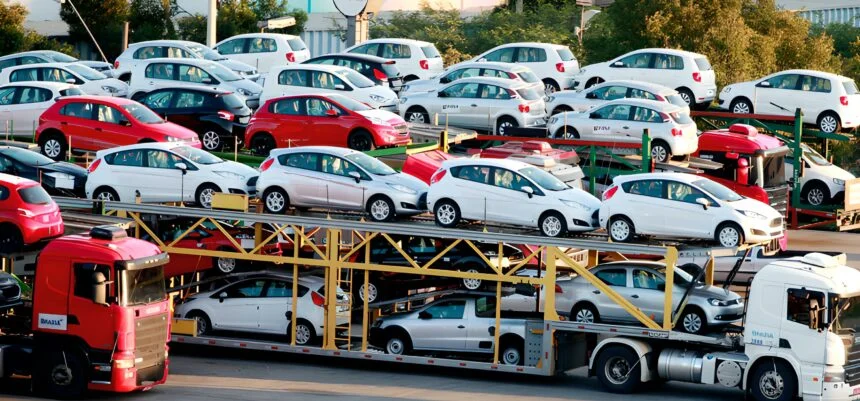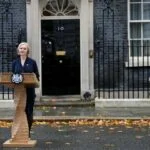The government has increased taxes on imported cars by up to 500% in an attempt to safeguard the domestic auto industry from foreign competition.
At a Public Accounts Committee hearing, the Additional Secretary for Commerce announced the plan (PAC).
The committee, which was presided over by MNA Noor Alam Khan, strongly advised changing the undue protection that helps local automakers in taking advantage of customers.
Government economic policies known as “protectionism” restrict international trade to prevent native industries from going out of business due to low-cost imports. However, they can also be imposed due to safety or quality concerns. These policies are typically implemented to increase economic activity in a domestic economy.
Khan said that the price increases for automobiles continued after the last committee meeting. These are the assemblers, not the automobile manufacturers, he stated.
Instead of referring to (and treating) them as “assemblers,” he suggested that the government give them the status of “manufacturers.” If this suggestion becomes law, it will help lower the protection levels that the assemblers are now exploiting.
Saleem Mandviwalla, a PAC member, stated that “if we can reduce the tariff on the import of old automobiles and if the duty protection from 500% is reduced to 400% even then they can still make a lot of profit.”
According to the PAC chairman, customers who made 100% of their automobile purchases in advance shouldn’t be charged extra when car prices increase. He said that by shipping the engine in three parts, automakers only pay 10% duty as compared to 35%. He questioned, “Is it true that the CKD kits are built in three sections to minimize taxes?” Officials from the FBR responded that the Engineering Development Board makes the decision, not the FBR.
The Special Secretary of Commerce Mujtaba Memon claimed that local manufacturers receive 241% to 500% protection. “The protection level was in the region of 100% to 390% before the recent imposition of extra duties,” he stated.
The PAC ordered the Ministry of Industries and the Ministry of Commerce to study the protection and develop a strategy for resolving the concerns within a month. It also directed them to charge lower federal excise duty rates than those applicable to imported vehicles.
The committee ordered the automakers to deliver cars to consumers who pay in full upfront within a month.
The secretary of the ministry of industries and production informed the PAC that while none of the manufacturing sites are operating at full capacity, vehicle manufacturing companies receive advances ranging from 20% to 100%.
According to Pakistan’s Auditor General, if the country’s factories are operating at 50% of their capacity, allowing the import of 50% of cars might help the situation. The secretary told the committee that if a company does not deliver a car within 60 days after making a reservation, it would be assessed a 3% KIBOR charge. He told the committee that automobile manufacturers have given consumers Rs1.9 billion over the previous two years.
Even after receiving the entire payment in advance, according to PAC Chairman Noor Alam Khan, the auto manufacturers seek an additional Rs400,000 from the clients. He asked as to “which law such a demand is made.”
According to the industry secretary, the car manufacturers have about Rs217.6 billion in advance payments on hand. He also said that because of low demand, manufacturers are only manufacturing at a portion of their capacity, therefore the government advises against bookings longer than three months.
According to the committee, automobile companies cannot charge more than 20% in advance for bookings, and if the car is not delivered within 60 days despite the 20% advance, they must pay interest at 3% KIBOR after 30 days.
Khan said that the price increases for cars persisted after the last committee meeting. These are the assemblers, not the automobile manufacturers, he declared.
In addition, the secretary stated that Pakistan has a 0.35 million car demand annually. Car manufacturers, according to committee members, “are permitted 200% profit, but the quality of their parts is substandard.”












